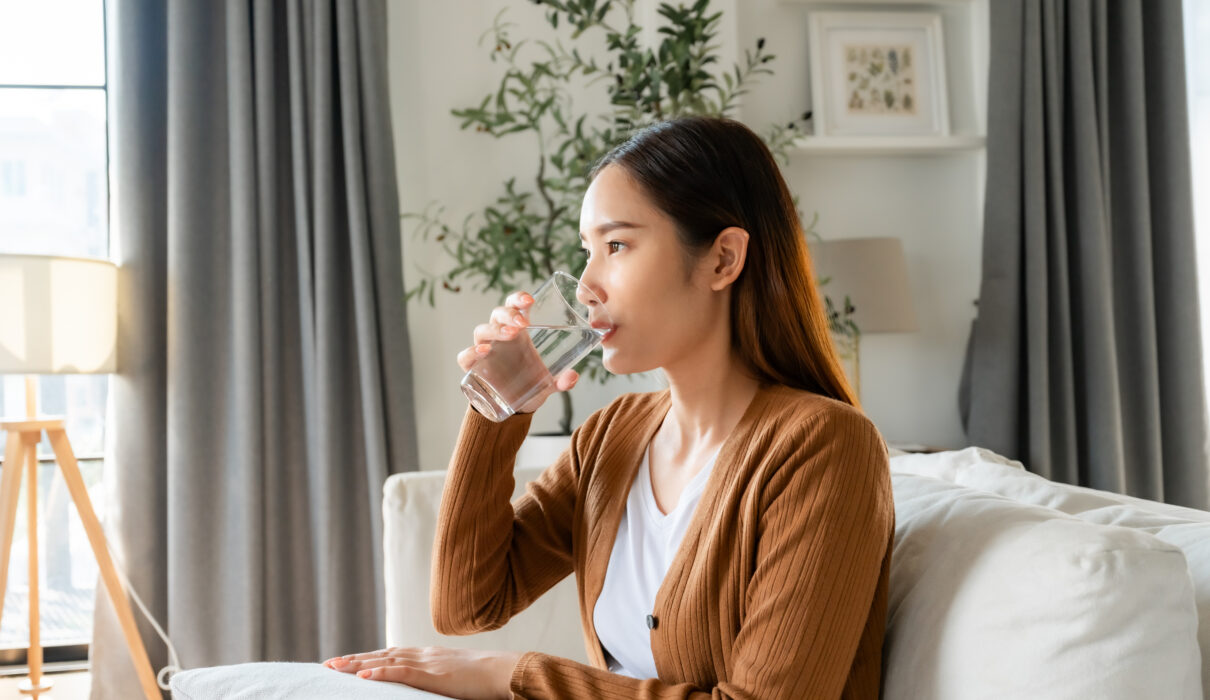Water is a vital component of our overall health, but its role in maintaining a healthy gut is often overlooked. From aiding digestion to supporting the gut microbiome, hydration plays a critical role in how your digestive system functions. But how much water do you really need, and how does it impact your gut health? This article explores the relationship between hydration and gut health, offers practical tips from a colorectal surgeon who is a female surgeon to ensure you’re drinking enough, and indications that you may need to book a colonoscopy in Melbourne.
The Role of Water in Gut Health
Your digestive system relies heavily on water to perform its essential functions. Here’s how hydration supports your gut:
Aids in Digestion
Water is crucial for breaking down food so your body can absorb nutrients. It helps dissolve soluble fibre, turning it into a gel-like substance that slows digestion for better nutrient absorption.
Prevents Constipation
Dehydration is a common cause of constipation. Without enough water, the colon absorbs water from stool, making it hard and difficult to pass. Staying hydrated ensures your stool remains soft and easy to move through the digestive tract.
Maintains a Healthy Gut Lining
The lining of your gastrointestinal tract acts as a barrier to harmful substances. Adequate hydration keeps this lining healthy and prevents conditions like leaky gut syndrome, where toxins and bacteria pass into the bloodstream.
Supports the Gut Microbiome
Your gut microbiome thrives in a well-hydrated environment. Water helps maintain the delicate balance of good bacteria, supporting digestion, immune function, and even mental health.
How Much Water Do You Really Need?
The amount of water you need varies depending on factors like age, activity level, and climate. While the commonly recommended amount is 8 glasses (about 2 litres) per day, individual needs can differ. Here are some guidelines to help you determine your hydration needs.
General Recommendations
- Women: About 2.7 litres of fluids per day, including water, other beverages, and food.
- Men: About 3.7 litres of fluids per day.
Special Considerations
- Exercise: Increase your water intake to replace fluids lost through sweat.
- Hot Weather: Drink more water to stay hydrated in warmer climates.
- Diet: If you eat high-sodium or high-protein meals, you may need additional water to support digestion and prevent dehydration.
- Pregnancy and Breastfeeding: Women in these stages need additional fluids to support their bodies and their babies.
Signs You’re Not Drinking Enough Water
Even mild dehydration can affect your gut health and overall well-being. Watch for these signs that you need to increase your water intake:
- Dry mouth or feeling thirsty
- Dark yellow urine
- Infrequent urination
- Fatigue or lack of energy
- Constipation or hard stools
- Headaches or difficulty concentrating
Can You Drink Too Much Water?
While rare, overhydration (or water intoxication) can occur when you consume excessive amounts of water in a short period. This can dilute sodium levels in your blood, leading to a dangerous condition called hyponatremia. To avoid this, focus on balanced hydration and listen to your body’s signals.
Tips for Staying Hydrated
- Carry a Water Bottle: Keeping a reusable bottle handy makes it easier to sip water throughout the day.
- Set Reminders: Use apps or alarms to remind yourself to drink water, especially during busy days.
- Add Flavour: If plain water feels boring, add slices of fruit, cucumber, or herbs like mint for a refreshing twist.
- Eat Hydrating Foods: Many fruits and vegetables, such as watermelon, cucumber, and oranges, have high water content.
- Drink with Meals: Make a habit of drinking a glass of water with each meal to boost your intake naturally.
Hydration and Gut-Friendly Drinks
While water is the best choice for hydration, other gut-friendly options can also support your digestive health:
- Herbal Teas: Peppermint and ginger teas can soothe digestion.
- Probiotic Drinks: Options like kombucha or kefir support the gut microbiome.
- Coconut Water: A natural source of electrolytes, great for hydration.
Avoid excessive consumption of sugary sodas, caffeinated beverages, and alcohol, which can disrupt your gut health and contribute to dehydration.
When to Seek Professional Help
If you’re drinking enough water but still experiencing issues like constipation, bloating, or abdominal pain, it may be time to seek professional advice from your doctor or a colorectal surgeon in Melbourne. If it makes you more comfortable, remember that you can request a female surgeon. Persistent digestive problems can signal underlying issues that require medical attention.
Prioritise Your Gut Health with Expert Care – Get Your Colonoscopy In Melbourne
Staying hydrated is essential for a healthy gut, but if digestive issues persist, consulting a colorectal surgeon in Melbourne can provide the clarity and care you need. A compassionate female surgeon can guide you through your concerns and, if necessary, perform a colonoscopy to diagnose and address potential issues. Don’t ignore ongoing discomfort—take the first step toward better gut health with expert advice and comprehensive care. Book your colonoscopy in Melbourne today with a leading colorectal surgeon. Your gut deserves the best!


